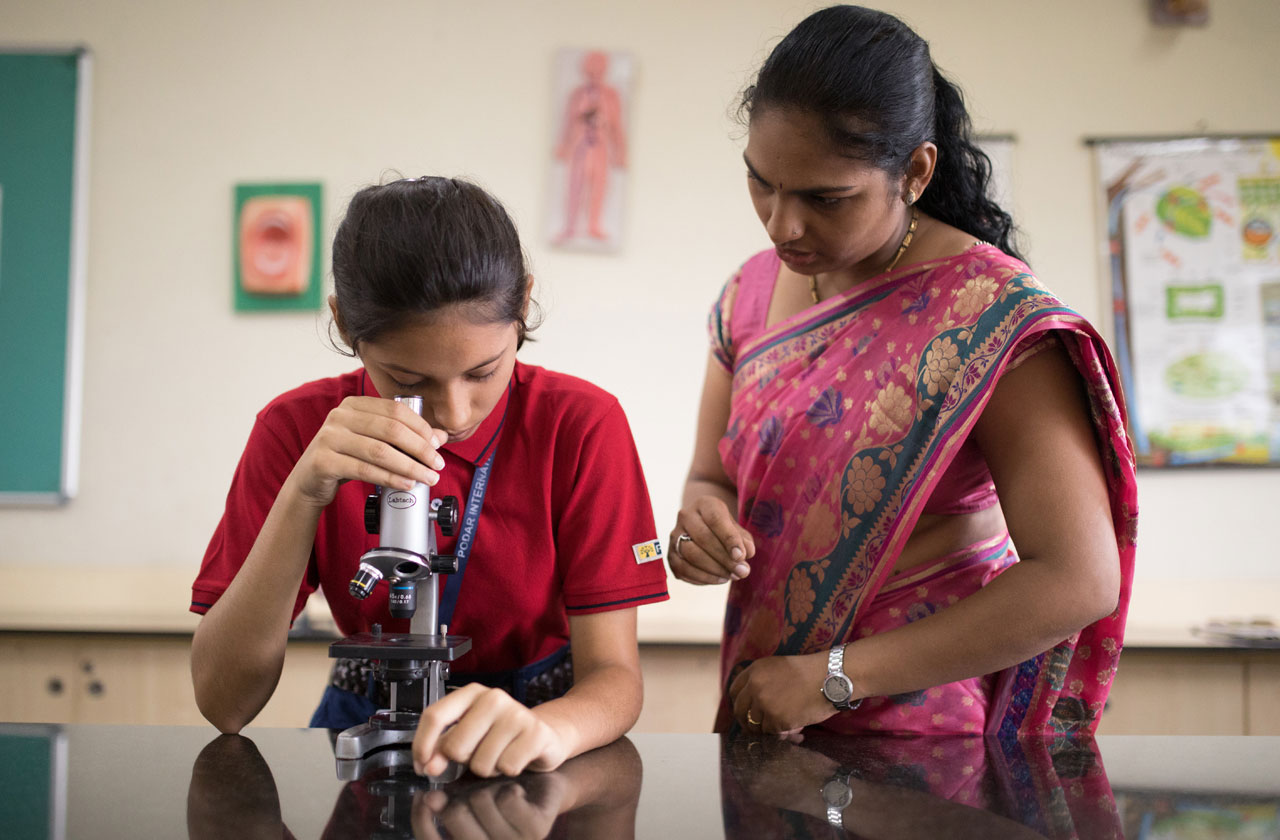Do You Know What Experiential Learning is & Why it is Important
Experiential learning is a teaching and learning methodology that emphasises the acquisition of knowledge and skills through direct and practical experience. This approach to learning is based on the premise that students learn best when they are engaged in hands-on, real-world activities that enable them to apply what they have learned in the classroom to authentic situations.
Does Experiential learning help in the developmental phase?
Experiential learning can be very beneficial for the developmental phase of learners. Many experts argue that experiential learning is one of the most effective ways to support children's and young people's development. During the developmental phase, learners explore the world around them and learn about themselves and their place in society. Experiential learning provides opportunities for learners to engage in hands-on, active learning experiences that allow them to explore their interests, build skills, and develop their sense of identity and purpose.
Experiential learning is essential to students for several reasons.
First and foremost, it allows students to apply theoretical concepts to real-world situations. This helps students better understand and appreciate the relevance and practical value of what they learn in the classroom. By experiencing the consequences of their actions, students gain a deeper understanding of their decisions' implications and their impact on others.
Moreover, experiential learning helps students to develop a range of key skills that are essential for success in both academic and professional contexts. These skills include critical thinking, problem-solving, communication, collaboration, leadership, and adaptability. Through experiential learning, students are exposed to situations that require them to think creatively and strategically, work collaboratively with others, communicate effectively, and adapt to changing circumstances.
Experiential learning also helps to foster a sense of independence and self-confidence in students. By taking ownership of their learning and actively engaging in the learning process, students develop a sense of self-efficacy and a belief in their own abilities to succeed. This can be particularly beneficial for students who may have struggled with traditional classroom-based learning approaches, as it provides them with an alternative and often a more engaging way to learn.
There are many different types of experiential learning, including internships, service learning projects, fieldwork, simulations, and role-playing activities. Each of these approaches has its own unique benefits and challenges, and the specific type of experiential learning that is most appropriate will depend on the goals of the learning experience and the needs of the learners.
For example, internships are a popular form of experiential learning that allows students to gain real-world experience in a professional setting. This type of experience can be particularly valuable for students who are interested in pursuing a career in a specific field, as it provides them with an opportunity to gain practical experience and make valuable industry connections.
Service learning projects, on the other hand, are focused on community service and social responsibility. These projects provide students with an opportunity to engage in meaningful work that makes a difference in their local community, while also developing their skills and knowledge in a particular area.
Fieldwork is another form of experiential learning that involves taking students out of the classroom and into the field to conduct research or collect data. This approach can be particularly valuable for students who are studying environmental science, geology, or other related fields, as it allows them to experience first-hand the natural environment and the impact of human activities on the planet.
Simulations and role-playing activities are also popular forms of experiential learning, particularly in the business, law, and healthcare fields. These activities allow students to simulate real-world scenarios and practice their skills in a safe and controlled environment.
While experiential learning can be highly effective, it is not without its challenges. One of the main challenges is ensuring that the learning experience is structured and focused, with clear goals and objectives aligned with the broader learning outcomes. This requires careful planning and preparation, as well as ongoing monitoring and evaluation to ensure that the learning experience is meeting the needs of the learners.
Another challenge is ensuring the learning experience is accessible and inclusive for all learners. This requires a commitment to equity and diversity and a willingness to adapt the learning experience to meet the needs of diverse learners with different backgrounds, experiences, and learning styles.
Looking to incorporate experiential learning into your child’s life? Here are some resources that are bound to help-
https://gradepowerlearning.com/infographic-experiential-learning-children/
https://www.experientiallearningresources.org/
https://prezi.com/eg4dkttouaie/simulation-activities-in-the-classroom/
share this blog
Topics

